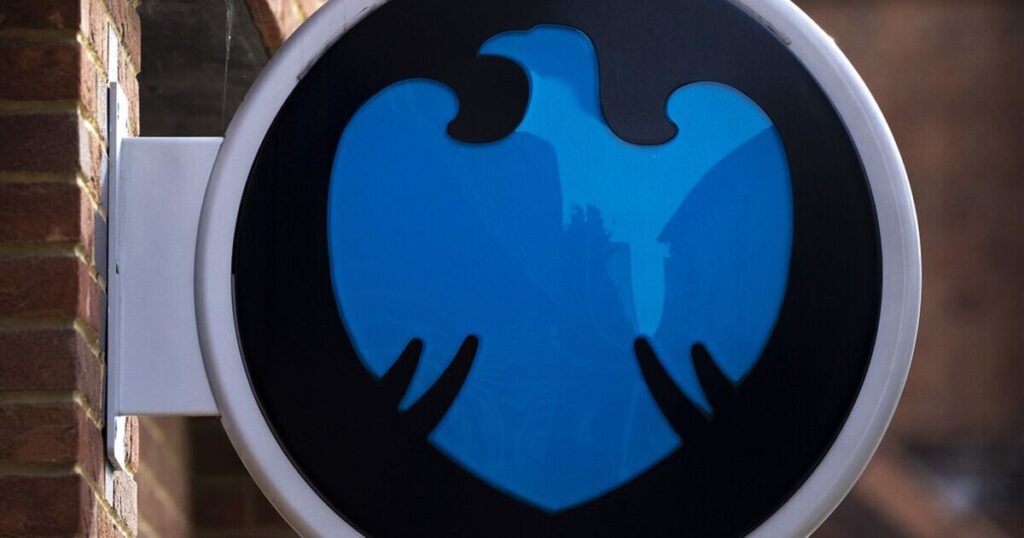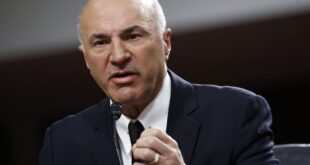
Barclays has issued an update about a letter going out about an interest rates change after a query from a customer.
The person contacted the bank over social media saying the interest rate on their savings account had dropped, asking why this had happened.
In response, Barclays apologised for the disappointing news. The group explained: “Interest rates can fluctuate based on market conditions and are subject to change.
“A letter would’ve been sent out to you prior to this, explaining the reason for the drop in interest rate. If you have the app, you can view this letter by tapping ‘More’ on the homepage then ‘Statement and documents’.”
Barclays also directed the customer to a page on their website with more information about interest rates.
Many savings providers have been reducing their rates after the Bank of England dropped the base interest rate in May, down from 4.5% to 4.25%.
As savings rates drop, loyal bank customers have been encouraged to shop around for a better rate – and even to consider investing as an option.
Wander Rutgers, UK CEO of investing app Lightyear, said: “The UK needs to come out of its savings shell to reap the rewards of investing.
“Cash still has a place, but in recent weeks, banks like Nationwide have slashed interest rates on savings accounts and cash ISAs.
“Even major high-street banks such as Lloyds and Barclays are now only offering up to 4% interest, and that’s just on fixed-term ISA products. Easy access rates are pitifully low.”
Research from the investment group looking at the past nine years found if you had put your funds in the FTSE100 compared to cah ISAs, you would be five times better off.
A person who had invested £10,000 in stocks and shares in 2016 would be £5,110 better off today than if they had put their funds in cash ISA savings.
Mr Rutgers said: “To build meaningful long-term wealth, investing in stocks and shares needs to become the rule, not the exception. It should sit alongside cash savings, under a single ISA wrapper, to help people get the most from their money.”
You can currently deposit up to £20,000 a year into ISAs. This can be split between different types of ISA, including cash ISAs and stocks and shares ISAs.
 Latest World Breaking News Online News Portal
Latest World Breaking News Online News Portal






